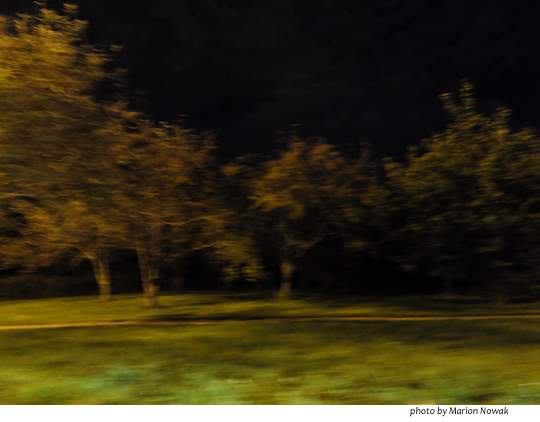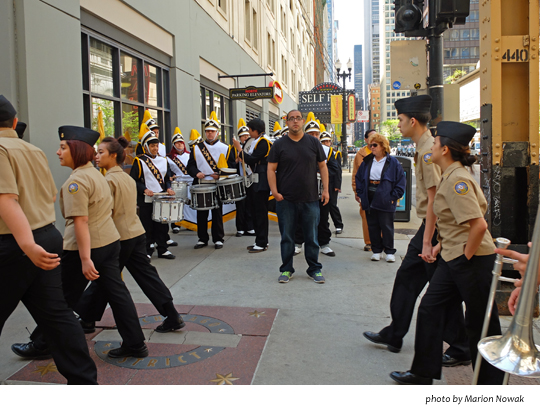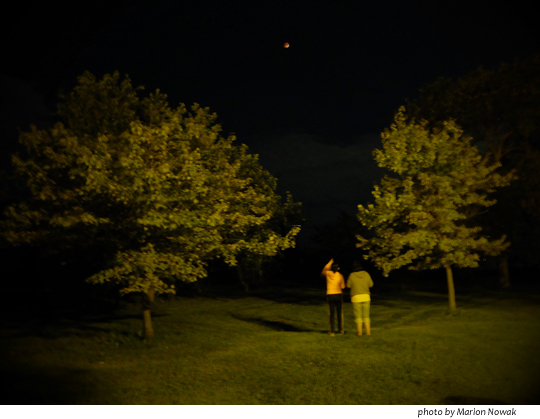
I have just finished re-reading Hiroshima, the 1946 book by John Hersey telling the story of six survivors of the first atomic bomb attack. The book begins a few moments before the bomb explodes and ends a few weeks later.
Hiroshima, which originally appeared in its entirety in the August 31, 1946 of The New Yorker, is still regarded as one of the greatest pieces of journalism. With neutral calm, it shows us a world in which everything has been destroyed in an instant, and the way those who still are alive act, and what they see, in the immediate aftermath.
Every time I’ve read Hiroshima, I’ve been struck anew by the overwhelming enormity of the event. Of the 245,000 residents of Hiroshima, 100,00 died instantly or in the next few hours. Much of the city was leveled; in the rest, buildings collapsed; fires and tornadoes raged. The first day, Hersey wrote, some survivors in search of food are not even sure where they are, at first, because everything has suddenly changed, from busy city in the morning ”to a mere pattern of residue in the afternoon.” In that new world, Hersey wrote, “thousands of people had nobody to help them.”
The shadow cast by Hiroshima still stretches before us. If anything, it is heavier today. In an interview he gave in the last years of his life, Hersey said that one of his goals was to suggest “a sense of a long and terrible future – which has since indeed come to pass.”
I re-read Hiroshima every few years, if only as a reminder. But this time, a new thing struck me. In the ruins, no one cursed their own leaders. No one blamed the Imperial War College or the Prime Minister. No one wondered if the Emperor had perhaps led them down the wrong path. People trapped in blazing ruins, people whose flesh had slid off, who were grotesquely burned, whose eyes had melted, whose loved ones were all dead, whose wounds were infected and weeping, people who had lost everything: even with their dying breaths, they told themselves they were lucky to be Japanese, and they eagerly dedicated themselves to the leaders who had brought them to this place in time. Girls trapped helpless under burning wreckage begin singing the national anthem, and that is how they die. Survivors lie on a riverbank, helpless, thirsty, in enormous agony, and they don’t even moan or cry out, and that is how they die. A father and son, pinned in their burning house, make up their minds to consecrate themselves to the Emperor – by dying in that place, they are dying for him. Banzai, they shout alone in the burning building. All these people, in what they believe are their very last, terrible moments, pledge themselves anew. They pledge themselves to the thing that killed them.
Save
Save
Save
Save
Save











